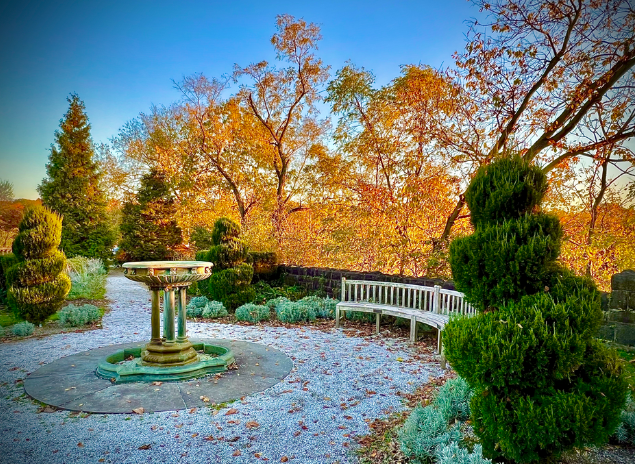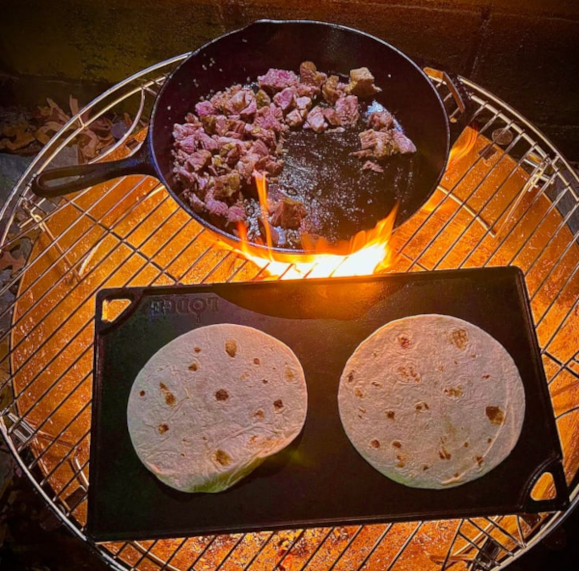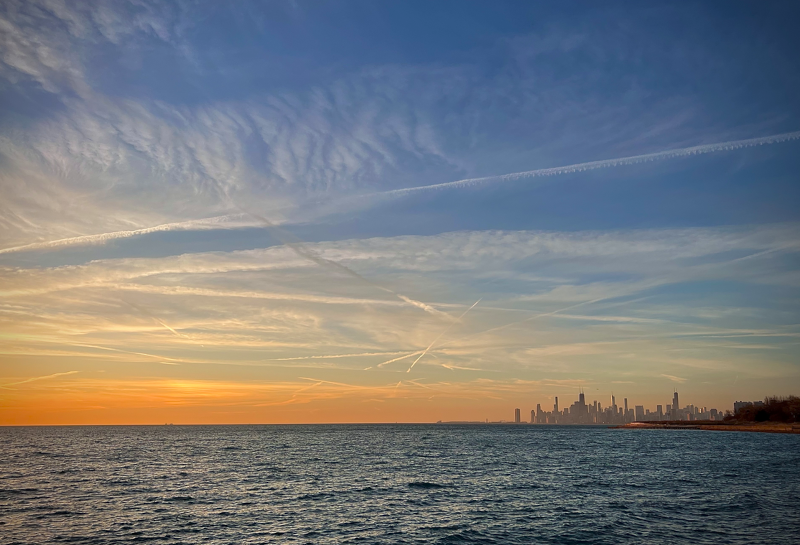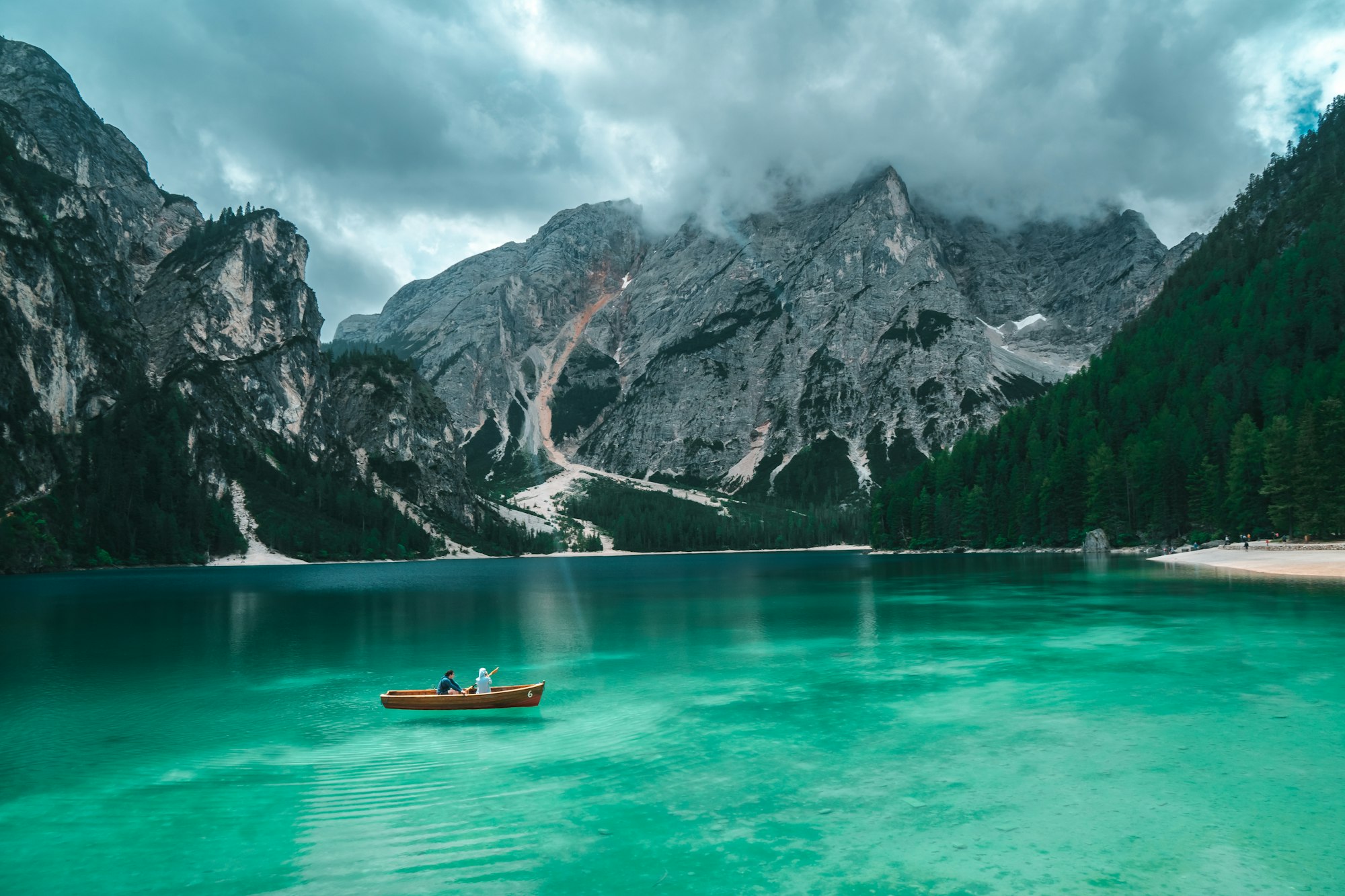🦃️ S3T Nov 24, 2023: Special Thanksgiving Week Edition - Staying Timeless in the Era of No Time

🔊 Listen to this edition on the S3T Podcast
Time to be human
The irony: nearly every influence in the 21st Century tells us "There is no time to waste!" but little thought is given to defining what is and is not a waste of time.
As Thomas Friedman expounded in Thank You for Being Late, we live in an accelerating age: exponential data growth, fast food, speed dating, rapid AI advancement, each wave of innovation rapidly replaced by the next.
In an era when so much will be new, fleeting, and temporary it will be vital for us to intentionally stay timeless. To stay rooted and connected to the timeless elements of our universe and our own existence. We need time to be ourselves. To step outside superficial roles like "consumers" and "human resources" (defined without our input by governments and corporations) and just be human.
This means we'll need to make time for those activities and spaces that are timeless and unchanging. Or at least not changing at the same pace.
The kitchen, the campfire, the hiking trail. The beach. The sunrise. Prayer time. The ballgame. Trips together. These timeless activities build our bonds with family, friends, and yes with our team members, business partners, and stakeholders. This is how we retain our identity and our most vital connections. It also happens to be how we reach our maximum effectiveness and impact.

A few have always believed these kinds of timeless activities were important, but nowadays they can seem impractical - even a waste of time. Here's why it is actually more important than ever:
- It matters to the well-being of the individuals. We need each other. Our family members need us. What we need from each other isn't found or delivered via markets or work or software. It happens outside of those accelerating realms.
- It also matters to the well-being and performance of organizations and their goals: teams that haven't bonded can't trust each other. They can't think or work like a team. They will fracture and fail. Disunity, siloed thinking, unilateral actions make a team literally less intelligent.
On both fronts - personal and work - if we don't set aside and preserve time for those timeless places and activities, then very important things will start to "fall through the cracks.
At stake: bigger things falling through bigger cracks
It's not just that things might fall through the cracks. It's a progressive problem: Bigger and more crucial things fall through wider and wider cracks. And it's a pernicious problem - alarms do not go off when important things fall through the cracks. The disaster becomes apparent later usually when we've passed a point of no return, and the damage is irreversible.

In our personal lives, we can lose our connection to ourselves, our values, and our loved ones. We can lose our sense of self. Who we are and why we are here.
Likewise in our work, we also risk losing two very important things in this age of acceleration - two things many teams are already running low on:
- Ability to think together with an ownership mindset
- Ability to work together with precision execution
A team's ability to think together with an ownership mindset and work together with precision execution isn't forged during work. It is tested during work, but it's forged elsewhere.
It's forged during times when the focus is on those more timeless elements: food, family, stories, passions, and dreams. When people share these things, they become more unified.
The same holds true for families, friendships, and communities.
This is why S3T Newsletters often mention nature, food, and socializing. There is something timeless about kitchens, campfires, trails, beaches and other gathering places, that we cannot afford to lose as the world accelerates toward a code and data-driven blur. These are not wastes of time. They are the secret to not wasting time on ineffective effort.
Putting this into practice: Thriving in the 21st Century
How some organizations, families and individuals are finding new ways of living and working and better ways of keeping up.
Speeding up by slowing down
A team that doesn't know each other and doesn't trust each other will have to work at least twice as hard for twice as long to achieve the same thing as a team that trusts each other. This is a rule of thumb and a reality that so many of us have suffered through.
Why? Where there is low trust and low connection there always will be additional meetings to "gain alignment." Decisions will be delayed - or worse: made and then unmade because no one is on the same page. Work will get started, then stopped, then redone, as wave after wave of mixed messages wash over the organization.
What could have been solved (or even prevented) over a few beers, or a few weekend hikes, instead takes months and millions.
Nature as a root of identity, not just a place to visit
Build a habit of spending time in nature focusing on what you can find, see and experience there. I need to make an important distinction: Yes, you can take your laptop outdoors and work on your deck, at the beach, or on a park bench along a trail. Fine, but it's no substitute for what I refer to here: the practice of leaving work tasks and thoughts behind and focusing solely on what you can learn and experience in nature. This puts you back in your original timeless element. Nature is not a place to visit, as Gary Snyder observed, Nature is home.
Nature reminds you of your true self and size. Size as in - your life is bigger than whatever is going on at work. Bigger than whatever people think of you. Yes, nature can remind us of how small we are. But it also reminds us that some things are even smaller.
In nature, these truths are more obvious, and more easily understood. Look at the photo below...the sky, the water. And then away on the horizon, you can see a city, a small and cramped bunch of little rectangles:

Nothing that goes on in any of those little rectangles can ever diminish your true self, your worth, or your potential. And nothing in those rectangles should ever be allowed to impact your inner peace. The sky and the water will be here in some shape or form long after those rectangles have emptied and come down.
Small talk isn't small
Spend time conversing about things other than work. This is harder for some of us than others. If you feel introverted, or challenged at small talk, it's ok. Many of us feel the same way. Here are some ways to think about this differently.
What we call small talk isn't small. Some examples:
- When you ask "How are you?" you're asking a core question about a person's self and recent life experience. "How is it going?"
- "How is your family?" Likewise not a small or unimportant topic.
- "What are you working on these days?" is another great question that most people would love to tell you.
There are plenty of other questions that can start open-ended conversations where bonding and connecting the dots can occur: "What's the next trip you'd like to take?" "Do you have a favorite coffee shop (or sushi place, BBQ joint etc).
Don't think of these topics as small. You're hearing about people's dreams and passions. These aren't small things. They are part of the timeless aspect of humanity. When you take time to get to know people in this way, you are building trust and laying the foundation for good outcomes in the future.
Preserving time for what's most important
Make a habit of scheduling time and space with no agenda except connection: Connecting with each other and connecting the dots.
While it's great to do these face-to-face, or side by side on a walk, or around a campfire, you can also create opportunities for open-ended conversations and time together via online channels:
- Some teams swear by Marco Polo, a video app that makes it easy to set up ongoing video group conversations.
- 1:1 Zoom Meetings - set up time for low-key, open-ended conversations.
- Virtual Happy Hours - Invite a group of individuals to get their favorite beverage (could be coffee or tea as well) and come together and chat. I've seen this particularly effective in building bridges and reducing silos among geographically distributed teams.
- Accountability Groups - Regularly scheduled time for a group of 2-4 that checks in with each other on some specific personal goals or improvements.
- Mastermind Weekly's - meet once a week to talk about the plans that you are the "mastermind" behind. This is a slightly different twist on the Accountability Group concept - focused on the success of extended initiatives or projects. This can be groups from different companies meeting each week to share ideas and build rapport.
The working principle behind all of these: Open trusting communication makes for better performance. When people aren't afraid to share information, ask for help, and doublecheck their understanding with each other - especially of crucial details - families and teams alike are healthier and function better. Teams are able to execute with precision performance that mystifies those who haven't learned this yet.
Parting thought: A Timeless way of working
No system, company, or industry is as complex, resilient, durable, or has experienced more successful extended growth over a longer timeframe than Nature. If Nature were an industry or a company on the stock market, its performance would put every other player to shame.
The evidence suggests that if we want to likewise be successful and thrive, we should learn from Nature's timeless way of working.
So how does Nature work?
Nature relies on connections that nurture. Nature relies on synergies, and slow steady growth and adaptation. In nature, speed is almost always destructive.
If we learn to apply these patterns in our lives, our emotional and economic success could go to the next level. Whatever we have accomplished so far, is only a glimpse of our true potential.
"Nature does not hurry. Yet everything is accomplished." - Lao Tzu


Member discussion